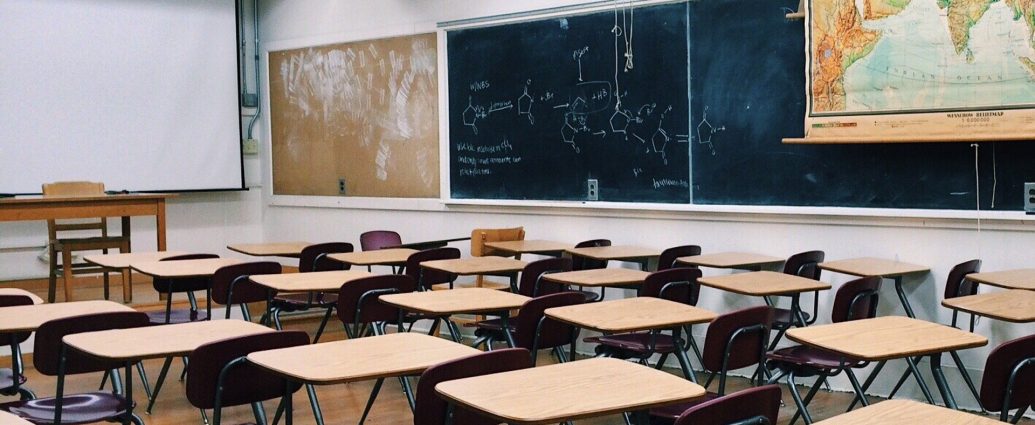It is evident now more than ever that examinations are neither a measure of intelligence nor a means of continuing further education. Instead, examinations now serve as a way to heighten further the class division that exists within the schooling system.
One effect of the Covid-19 pandemic was students did not sit examinations. This led to many state school students being unfairly punished, due to their grades being severely lower than the grades they were supposed to attain if they did sit the examinations. Private school students, however, did not face such a harsh review of marking. Money does not just buy smaller class sizes, but a completely different education system.
Firstly, let us consider how country-wide examinations work. Whilst most schools teach the same core subjects, the difference is created by the exam board the school chooses. Different exam boards will have different specifications, meaning the students will then learn slight variations of the same subjects. Now, private schools more commonly take IGCSE exams rather than the classic GCSE exams that state schools provide. A key difference between the two is the type of learning – IGCSE is known as being more flexible, with more coursework being issued within the syllabus. GCSE syllables, however, rely more on examinations.
Examinations do not reflect well-rounded education
This might not seem like a key issue, but it can certainly be agreed that examinations test one’s memory and time management skills, rather than one’s in-depth knowledge and passion for the subject. By contrast, having coursework allows the student to explore parts of the subject heavily and allows for more freedom-based learning. It is similar to the style of learning that one will find at university.
Examinations wholly depend on the day. Yes, you can file for extenuating circumstances, but if you have a memory blank or misread a question, it’s game over.
Coursework, however, is more of a ‘project’ – something one continually works on for a more extended period, allowing for refining, editing and more feedback on one’s work. So here, we can see the advantage that private school students have: they not only have a longer period to complete their work but their style of work better prepares them for further education.
An even more crucial difference between coursework and examination is that coursework allows the teacher to keep an accurate record of the child’s progress due to an increased portfolio of work from the student. As we saw in the A Level fiasco, students were not given grades that accurately reflected their working progress. More assessed work throughout the year, therefore, provides the student and the teacher with a better understanding of their grades – so if they ever were graded unfairly, there are more examples of their work which can be shown.
The difference between private and state school education does not stop at GCSE. In fact, it gets worse. In state schools, students can apply to take A-Levels, whilst most private schools offer A-Levels and International Baccalaureate (IB for short). Let us unpack the difference between the two here. The standard A-Levels consist of studying three subjects, therefore maximising depth rather than breadth.
IB nurtures independent thought
IB, however, takes on a more holistic and philosophical approach, includes the study of 6 subjects, whilst also completing 3′ core elements’: Theory of Knowledge (where students reflect on the nature of knowledge), The Extended Essay (an independent research paper of 4,000 words) and ‘Creativity, Activity, Service’, where the student can learn and hone a new skill. Learning a language is also compulsory. Here, it is evident that the IB takes a more encompassing route to education than A Levels, allowing the student to nurture their learning in more ways than merely reading a textbook.
Independent thought is nurtured more in IB, with the student having the ability to develop new skills. It is this type of thinking that employers often look for. After all, education should not simply be regurgitating what one has heard in a lesson.
State schools can be IB schools, but with more students and less funding than private schools, it is much harder to be one.
However, not only do schools have to apply to teach IB (and have an inspection to see if they are deemed fit), but they also need to ensure that they have the budget for it. Retraining teachers and buying the equipment necessary to teach the curriculum adds up. The fact that schools cannot simply ‘opt-in’ to become an IB school increases the economic divide within private and state schools. State schools can be IB schools, but with more students and less funding than private schools, the harder it is to be one.
The final line
Through analysing the IGCSE and IB, it is clear that more transferable skills are created, allowing for the student to become not just a better learner, but allowing them to carry these skills into the broader world of work and university. The GCSE and A-Level syllabus, however, does not share the same benefits.
If we truly want an equal and fair education system for all students in the UK, the differences within the curriculum of these schools should be scrapped. A well-rounded education should not come with a price tag.
Madeleine Rosie Strom
Featured image courtesy of Wokandapix from Pixabay

